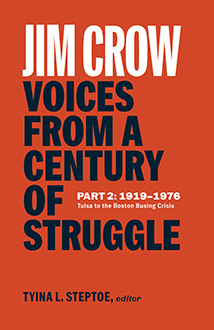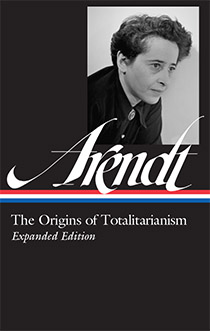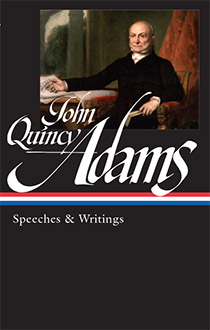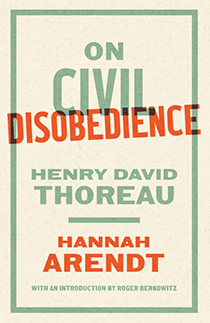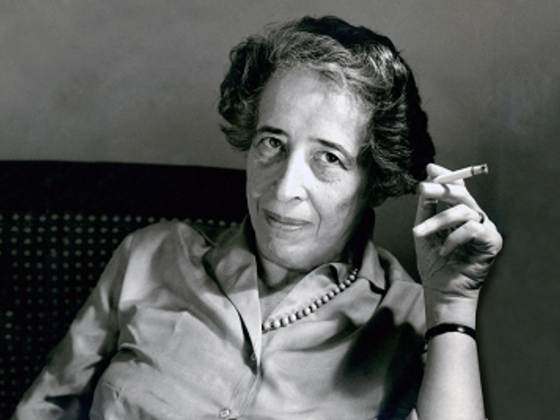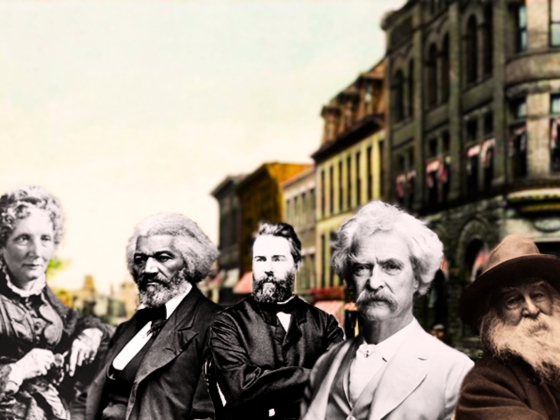Political Movements and Historical Eras
The end of World War I transformed the struggle for racial equality in the United States as the “New Negro” began to challenge the oppressive regime of disenfranchisement, segregation, racial terror, and cultural calumny that had emerged from the ruins of Reconstruction. Jim Crow: Voices from a Century of Struggle captures firsthand how courageous Americans, Black and white, fought against white supremacy and brought about a Second Reconstruction.
This second of two volumes opens with Ida B. Wells defending condemned Arkansas sharecroppers and concludes with Barbara Jordan expressing her belief that “the gap between the promise and reality of America can one day be finally closed.” Along the way readers encounter both famous and unjustly neglected writers: Mary E. Jones Parrish and B. C. Franklin bearing witness to the Tulsa Massacre; Mary McLeod Bethune warning Franklin Roosevelt not to take Black voters for granted; Thurgood Marshall exposing police brutality; Theodore Stanford reporting on the battles and aspirations of “Tan Yanks” fighting in Europe; Paul Robeson’s combative appearance before a congressional committee; John Lewis’s passionate speech at the March on Washington; Fannie Lou Hamer’s searing account of being beaten for trying to become a “first-class citizen”; James Baldwin debating William F. Buckley Jr.; and Ron Hutson’s insightful look at the divided city of Boston on the eve of its busing crisis.
Here as well are outspoken defenses of the white supremacy they were challenging: the “Dixiecrat” platform from 1948, the “Southern Manifesto” adopted after Brown v. Board of Education, George Wallace’s defiant inaugural address as Alabama governor, and a White Citizens’ Council ad urging newspaper readers to ask themselves, “What have I personally done to Maintain Segregation?” Marcus Garvey, Elijah Muhammad, Malcolm X, Robert F. Williams, and the Black Panther Party for Self-Defense advance radical alternatives to the demand for integration, while a selection of civil rights training materials reveal the mechanics of how Jim Crow worked and the dedication of those who sought to overthrow it.
See the table of contents (PDF)
Tyina L. Steptoe, editor, is associate professor of history at the University of Arizona and the author of Houston Bound: Culture and Color in a Jim Crow City (2015). Her writing has appeared in Time, American Quarterly, Journal of African American History, and Oxford American, and she is the host of Soul Stories, a weekly radio program on KXCI Tucson that explores “the roots and branches” of rhythm and blues music.
This Library of America series edition is printed on acid-free paper and features Smyth-sewn binding, a full cloth cover, and a ribbon marker.
This volume is available for adoption in the Guardian of American Letters Fund.
